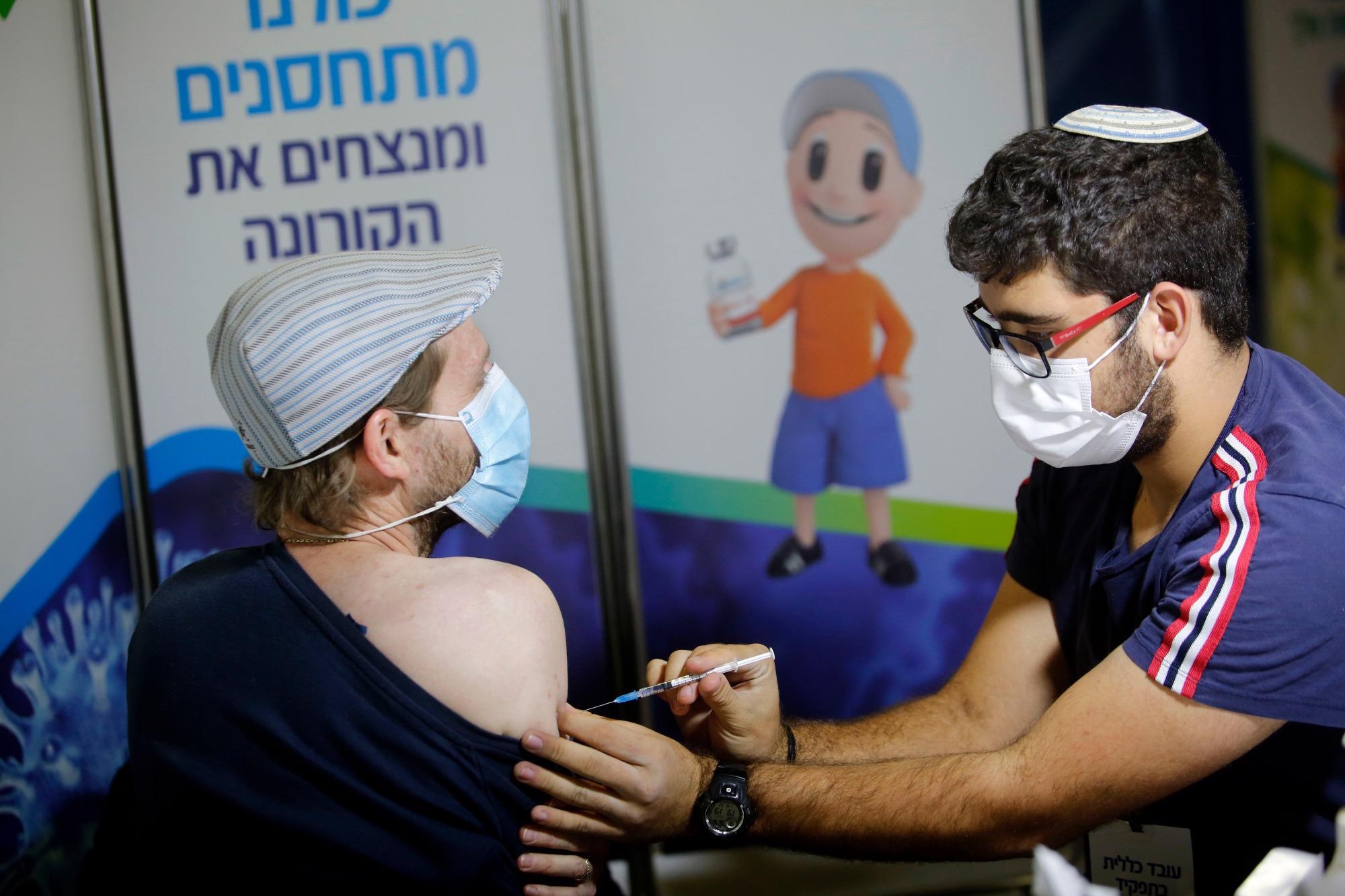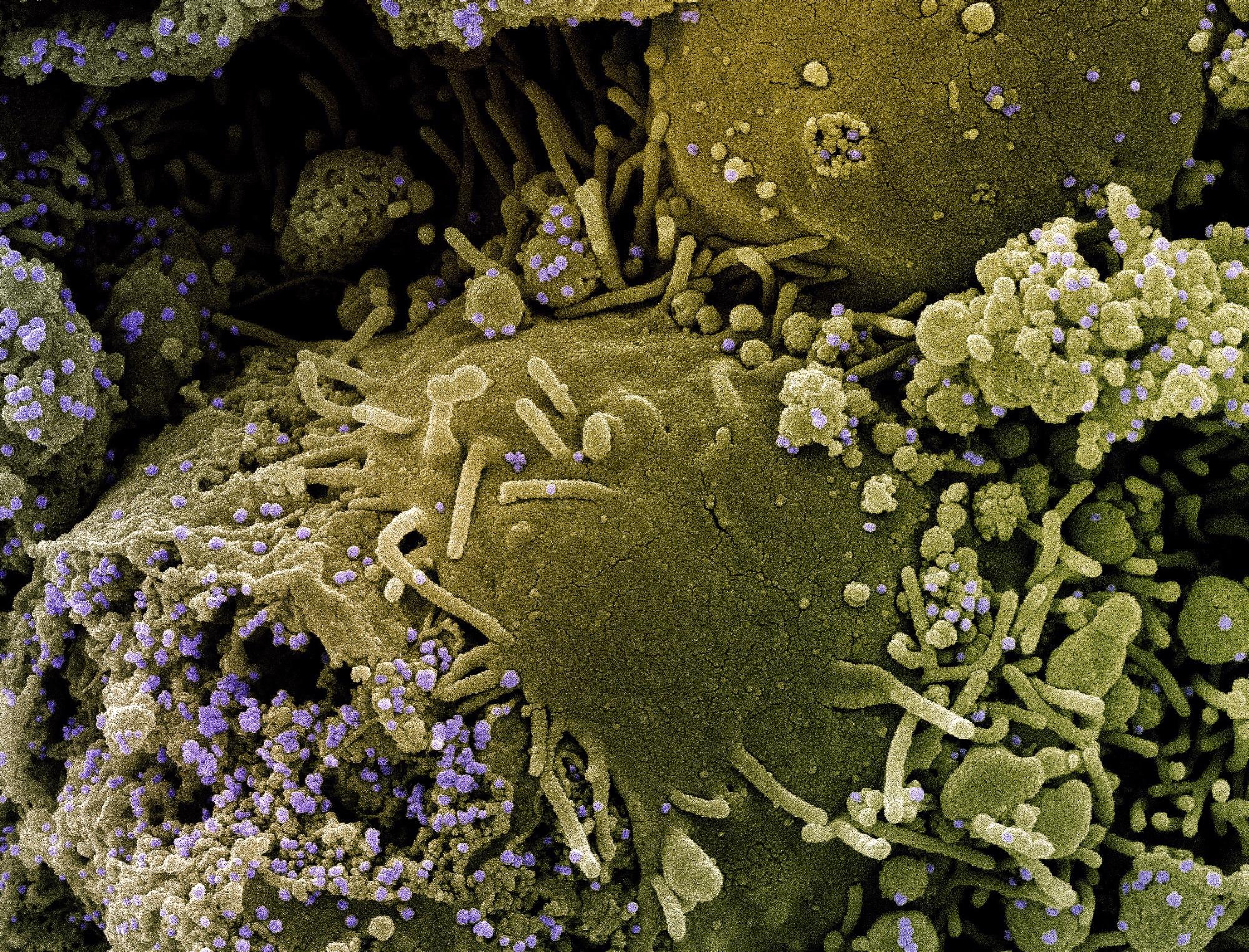The emergence and rapid spread of a novel coronavirus, namely, severe acute respiratory syndrome coronavirus-2 (SARS-CoV-2), caused the ongoing coronavirus disease 2019 (COVID-19) pandemic. Numerous SARS-CoV-2 variants have emerged worldwide due to genomic mutations. They have been classified as variants of concern (VOC) and variants of interest (VOI) based on their enhanced virulence and high transmission rates, and ability to escape immune responses elicited by natural infection or vaccination. The Omicron variant has replaced the Delta variant as the dominant circulating variant in many parts of the world.
 Study: Protection by a Fourth Dose of BNT162b2 against Omicron in Israel. Image Credit: Gil Cohen Magen / Shutterstock
Study: Protection by a Fourth Dose of BNT162b2 against Omicron in Israel. Image Credit: Gil Cohen Magen / Shutterstock
Background
Like many countries, Israel experienced a surge in the number of COVID-19 cases due to the rapid transmission of the Omicron variant. Two of the critical factors associated with the increased rate of infection were the ability of this variant to evade immune protection and the passage of more than four months since most adults had received their third dose of the COVID-19 vaccine. To reduce the pressure on the healthcare facilities, on 2nd January 2022, Israeli authorities approved the administration of the fourth dose of COVID-19 vaccine (BNT162b2), manufactured by Pfizer–BioNTech. All individuals above sixty years of age, those at a high risk of contracting the disease, or who have already passed more than four months since receiving the third dose, are being prioritized for the fourth dose of vaccine.
The real-world effectiveness of the four-dose COVID-19 vaccination strategy against confirmed infection and disease severity is not yet known. However, a new study published in The New England Journal of Medicine has focussed on the relative effectiveness of the fourth dose, compared to the three doses vaccination regime, against confirmed infection and severe illness among older persons in the Israeli population.
 Colorized scanning electron micrograph of chronically infected and partially lysed cells (olive green) infected with a variant strain of SARS-CoV-2 virus particles (purple), isolated from a patient sample.. Image Credit: NIAID
Colorized scanning electron micrograph of chronically infected and partially lysed cells (olive green) infected with a variant strain of SARS-CoV-2 virus particles (purple), isolated from a patient sample.. Image Credit: NIAID
About the Study
In this study, researchers obtained data from the Israeli Ministry of Health national database during the period between 10th January 2022 and 2nd March 2022. They obtained data on the vaccination status and demographic variables, such as age, sex, etc., of the participants recruited for this study. Scientists included people sixty years of age and above and received four doses of the vaccine (four-dose group). The Omicron variant was the dominant circulating strain in Israel during the study period.
In this study, researchers estimated the incidence of confirmed COVID-19 infection and severe outcomes after receiving the fourth vaccine dose. They further determined the timeline for achieving maximum protection after receiving the fourth dose of the vaccine. Scientists compared the four-dose group with two control groups. The first control group contained individuals who were eligible for a fourth dose but had not yet received it, and this control group was referred to as a three-dose group. The second control group contained individuals who received a fourth dose of vaccine, three to seven days earlier, and were referred to as the internal control group.
Key Findings
In this study, researchers indicated that compared to three vaccine doses given at least four months earlier, a fourth dose provided additional short-term protection against confirmed infections and severe illness caused by the Omicron variant. In addition, this study revealed that the incidence rate for confirmed infection was lower by a factor of two, and the frequency of severe outcomes was lower by a factor of 3 among persons in the fourth week after receiving the fourth dose compared to the three-dose group.
Scientists revealed that maximum protection was observed on the fourth week after vaccination, following which the rate ratio over time, since the fourth dose, decreased to approximately 1.1 by the eighth week. This result implies that the degree of protection against confirmed infection declines relatively quickly. In the case of severe illness, the rate ratios associated with the internal control group were lower compared to the rate ratios relative to the three-dose group. The degree of protection against severe COVID-19 outcomes did not decrease by the sixth week after receiving the fourth dose. The authors of this study recommended more follow-ups to ascertain the extent of protection against severe illness over a more extended period.
Conclusion
Scientists stated that although they attempted to eliminate maximum sources of bias, some sources might have been neglected. For instance, they did not consider the behavioral differences between persons who received the fourth dose and those who did not. Additionally, in the context of severe illness, researchers did not assess the prevalence of comorbidities that might have contributed to the outcome of the disease. Overall, the current study revealed that the fourth dose of the COVID-19 vaccine provided short-term protection against confirmed infection by the Omicron variant. However, scientists observed that a four-dose vaccination strategy could better protect individuals against severe illness than a three-dose regime.